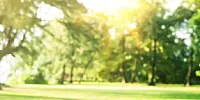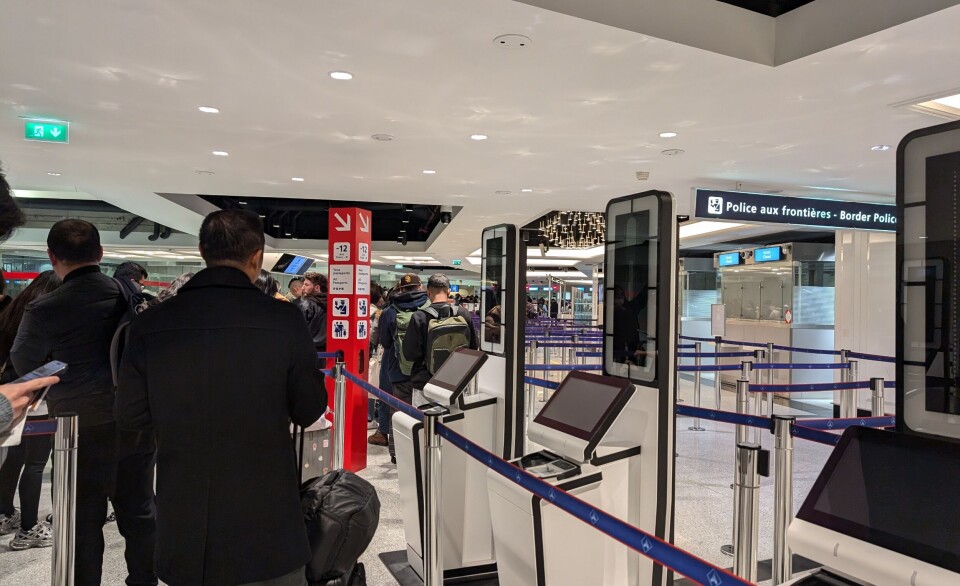-
Warm days ahead: French weekly weather outlook March 31 - April 4
Temperatures of 20C are expected towards the end of the week across France
-
Second runway at Bordeaux airport likely to be renovated not closed
Move may lead to backlash from local people who are unhappy due to the noise levels
-
Pension age reform in France: New poll shows support for a return to age 62
Employers' organisations and trade unions are currently meeting to discuss the subject on the orders of Prime Minister François Bayrou
Senior doctor: French public should now ‘wear a mask’
The public in France “should wear a mask, starting now” whenever they leave the house, a senior emergency doctor has said, adding that he believes President Macron is “wrong” not to have recommended it.

Professor Philippe Juvin, head of emergency care at the Georges Pompidou European hospital in Paris, said on Sunday (April 19) that all the scientific data and recommendations were suggesting that people should cover their mouth as much as possible, to prevent further spread of the virus.
Professor Juvin, who is also mayor of La Garenne-Colombes (Hauts-de-Seine, Île-de-France), told news service FranceInfo: “The French public should wear a mask when confinement ends, but also starting now. A mask is better than nothing, even if it is homemade. It is best to cover the nose and mouth.
“It is a low-cost - and likely effective - intervention, when you compare it to a patient entering intensive care.”
He added: “More and more voices are speaking out about this, such as [l'Agence Nationale de Sécurité Sanitaire de l'Alimentation, de l'Environnement et du Travail] Anses, and the international scientific community. Politicians must start listening to them. I think that the President is wrong about this.”
On Friday (April 17), a ruling from the Conseil l’Etat, the country’s highest administrative court, said that French mayors did not have the power to make masks mandatory, and the government has not yet officially recommended masks as a rule, or suggested that it will make them compulsory.
Professor Juvin added that confinement must only be lifted once we have “extremely massive capacity for testing the population”, as well as “available beds, especially in intensive care”.
He said: “When you are at war, you must have ammunition. Otherwise, we will not be able to deconfine the French public safely.”
The professor added that he is against the idea of lifting confinement completely on May 11. He said: “Deconfining everyone at the same time will expose people to a serious form of the illness.”
Other medical experts, including François Bricaire, infectious diseases specialist and member of the national Académie de Médecine, have recently said that wearing a mask will be necessary even after confinement ends.
Professor Bricaire said that “masks were becoming more necessary than previously thought”, and said that it was important for people to continue to avoid infecting others as much as possible, even after confinement ends.
He added that he “did not know” if wearing masks would become compulsory, but said that conflicting information around the efficacy of masks “justified a careful attitude towards” their use.
Some have already attempted to make masks compulsory - including Christian Estrosi, mayor of Nice (Alpes-Maritimes, Provence-Alpes-Côte d'Azur); and train boss Jean-Pierre Farandou, CEO of SNCF, has also said that passengers on trains in France will be required to wear masks after deconfinement.
Currently, it is illegal to buy any kind of mask from pharmacies in France, leading hospitals to publish guides on how to make adequate homemade masks instead.
Related stories
- French hospital shares homemade mask instructions
- Covid-19 masks: Advice issued in France on safe use
- Covid-19: Can I buy a mask from a pharmacy in France?
- Masks mandatory on trains in France post-confinement
- Covid-19 in France: Public may be asked to wear masks
- Covid-19: Mixed medical opinion on home-made masks
Stay informed:
Sign up to our free weekly e-newsletter
Subscribe to access all our online articles and receive our printed monthly newspaper The Connexion at your home. News analysis, features and practical help for English-speakers in France
























